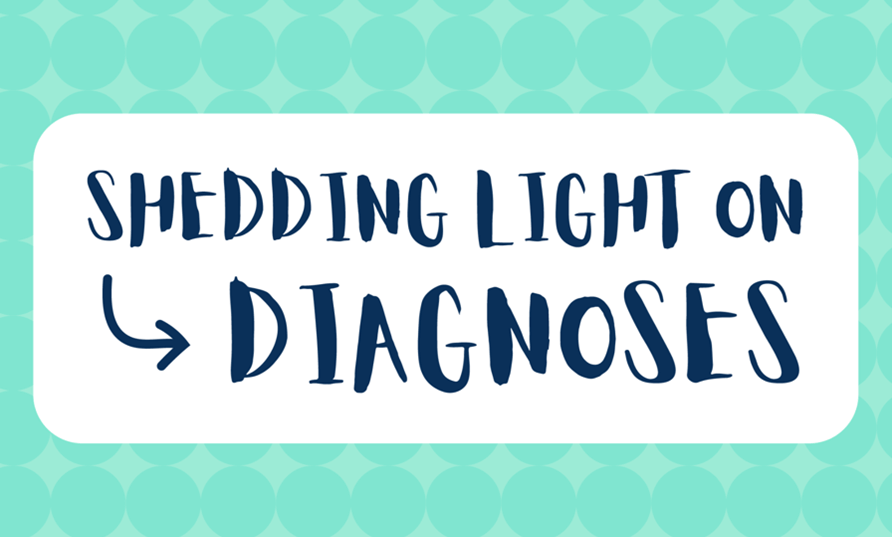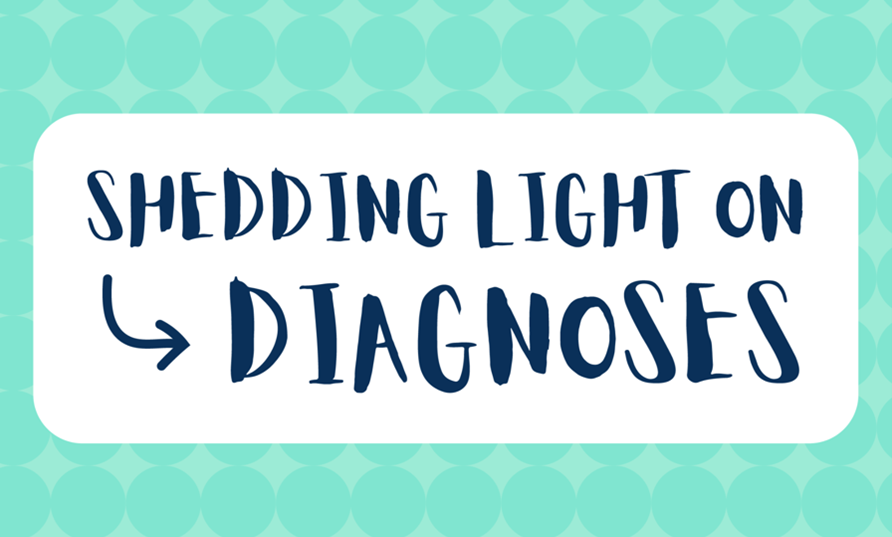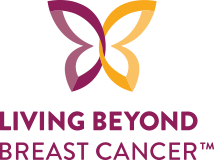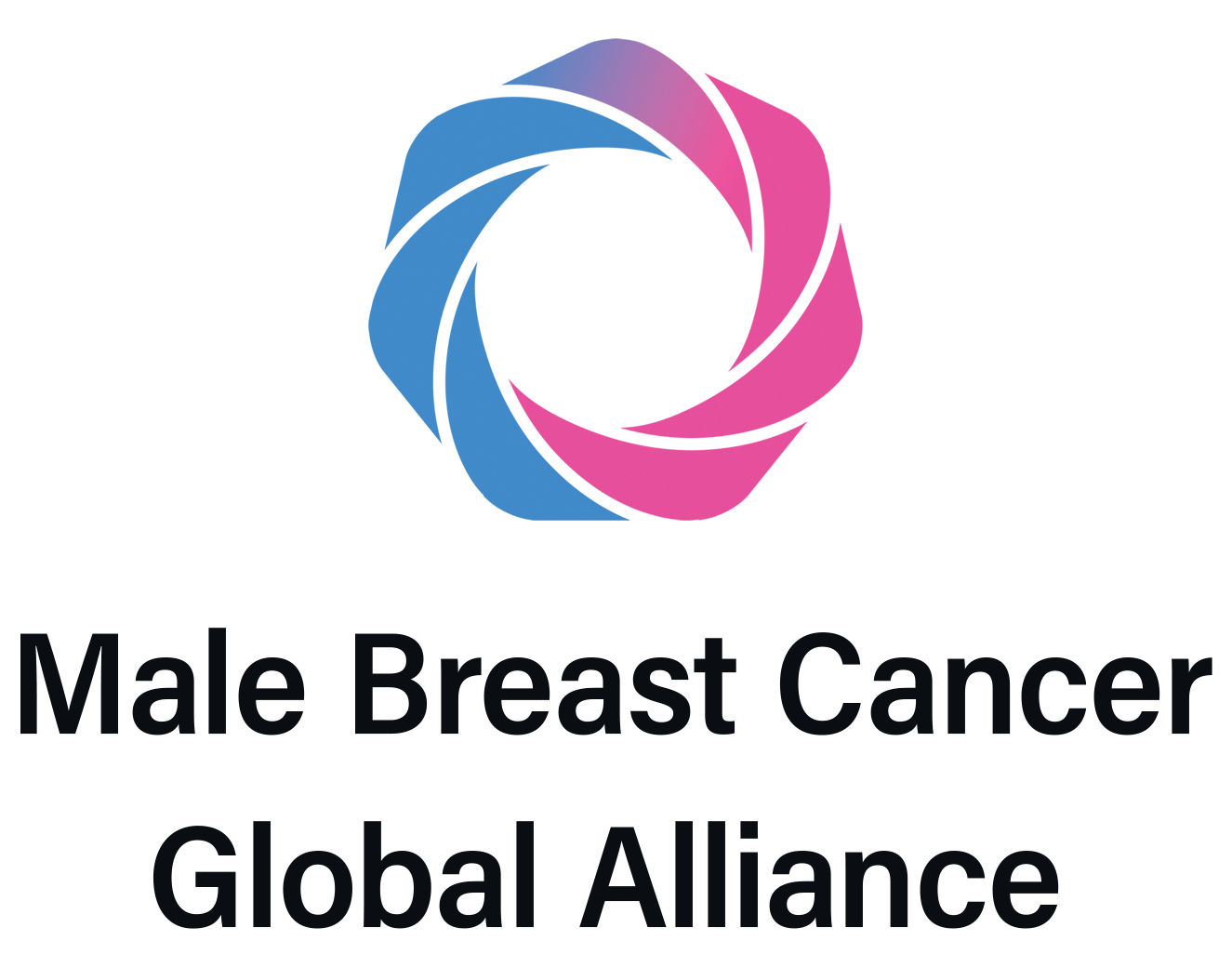Life With Early Breast Cancer vs Life With mBC: Our Contributors Weigh In Part One


Disclaimer: This conversation between these two patients shows their views and perceptions based off their experience living with this disease. You should always consult your doctor if you have specific questions.
Life With Early Breast Cancer vs Life With mBC: Our Contributors Weigh In Part One
Receiving any cancer diagnosis can be scary. We talked with two of our Story Half Told contributors to understand the similarities and differences between an early breast cancer diagnosis and a metastatic breast cancer (mBC) diagnosis – the misconceptions, challenges, advice and more.
Beth is a mother, artist and yogi living with mBC. Beth's mBC diagnosis in 2014 came as a surprise. She had never experienced a palpable lump in her breast and one week prior to receiving her mBC diagnosis had gotten clear mammogram results. Following her diagnosis, Beth was surprised by how much more there was to learn about the disease and felt like the metastatic population was underrepresented in what she was seeing on TV and online.
Dana is a breast cancer advocate and social media influencer; she was diagnosed with early breast cancer in 2010, a day before her 28th birthday. With the help of her doctor and medical team, she discovered that her breast cancer was HER2+, meaning that her breast cancer tested positive for a human epidermal growth factor receptor 2 that promotes the growth of cancer cells.
1. What do you wish people knew about mBC/early breast cancer that they may not be familiar with?
Beth: I wish people knew that mBC isn’t just a physical ailment, but that it has affected every single aspect of my life. Besides having a physical illness, I've experienced a mental and emotional toll with my diagnosis as well. I've seen relationships be impacted by mBC, and I've also experienced financial burdens as well... As if the cancer isn't enough!
Dana: We often see patients with breast cancer as being "sick," bald with chemo treatments and recovering from surgeries. What many people don’t know is breast cancer doesn’t stop with your last chemo treatment; treatment for breast cancer can last years, if not a lifetime if a diagnosis is terminal. Not all breast cancers are the same and require different types of intervention.
2. What has been your biggest challenge living with mBC/early breast cancer?
Beth: My biggest challenge with mBC... Well, I think that has certainly evolved over the years. At my de novo diagnosis, simply to survive was my biggest challenge, then it became adjusting to "my new normal." The longer I lived with mBC, survivor’s guilt started to set in, and now after 9 years, not only am I still coping with those issues, but I'm now experiencing the physical breakdown of my body after almost a decade of living with this disease.
Dana: Fear is a very real thing after a cancer diagnosis, always wondering if that pain or rash is the cancer spreading from the breast to another part of the body. It is a part of my daily life to track pain points and differences in my body to ensure I am addressing them as they come up, but also not allowing it to run my life and daily thoughts. I have spent over a decade thinking about my cancer on a daily basis, in time I have learned how to cope, but the fear never really goes away.
3. Where did you find support after your diagnosis?
Beth: It took a little while to find my tribe. I tried general breast cancer support groups, but they were largely for patients with early stage breast cancer, and I wasn't really accepted there because I "scared the other members" due to my terminal diagnosis. It wasn't until about nine months in when I found a Facebook group for women with mBC who were diagnosed at the age of 40 and under, did I feel seen and supported.
Dana: When I was diagnosed in 2010, I found online resources were scarce, even if existent at all, and at first, I did not want to seek outside support. I have found now, later in my survivorship, that having each other matters and your friends that are experiencing breast cancer know and hear things from you that your other friends often can’t.
4. Have you experienced toxic positivity around your diagnosis? How have you dealt with that?
Beth: There does seem to be a lot of toxic positivity around a cancer diagnosis. I think it stems from people’s inability to cope. My family is always positive and hopeful, which is what THEY need to be in order to deal with the fact that I have terminal illness. I’m not sure that the people I love and care about the most are equipped to imagine or deal with what my death will be like, so they force that optimism on me. It’s pretty unfair actually.
Dana: In my opinion, toxic positivity started long ago when we started marketing a disease that was not being addressed. Feather pink boas and smiling women adorned in pink was not the right answer. Breast cancer is a serious disease, we do not celebrate it. I decided to advocate change and fund Stage IV research to impact the lives of those of us living and dying with the disease in large numbers. It was a choice I made in order to ensure that improvements are made to our overall treatment and well-being rather than smothering the story with pink.
5. What has been your experience with people understanding mBC?
Beth: It’s disheartening how misunderstood mBC can be. People say to me all the time, “I hope you feel better soon.” Some people believe that mBC is something that you get and then get over.
Dana: As a patient and advocate with early stage HER2+, ER+ breast cancer, I find myself explaining the vast differences between an early breast cancer diagnosis and an mBC diagnosis. We hear all too often, “I had X family member, and they died of breast cancer.” When, in reality, they passed of metastatic breast cancer, and ran out of treatment options to slow or reduce the growth throughout the body. I have noticed that there are people who do not understand the progression of the disease and why they passed but someone else with a similar diagnosis did not. It is important to educate and inform so we can speak about the disease and how every stage and diagnosis is different from one another.
6. Do you feel represented and supported during breast cancer awareness months, walks, and events? Is there anything you wish you could change about how the public provides support to the early breast cancer and the mBC community?
Beth: Not really. We get ONE day, October 13th. To me, that doesn’t seem right when it is estimated that about 90% of all breast cancer deaths are due to metastatic disease. I wish the conversation around mBC would shift to one that's honest and real and that people would stop sugar coating cancer. It sucks, it's scary, it's killing women at an alarming rate... WHY AREN'T WE SHOUTING THIS FROM THE ROOFTOPS??
Dana: I would like to see a fundamental shift in the conversation addressing breast cancer and awareness, and those that are making the effort to support. We may not see a “cure” in our lifetime, but I surely hope we see impact to treating breast cancer as a chronic disease.
7. What was the best advice you received after your diagnosis?
Beth: The best advice I received was to get a second opinion, followed by, "Live your life like you're going to live to be 80", and I have.
Dana: The best advice I was given after my diagnosis was that this is “my time” and to do with it what I need to. If someone is toxic and bringing in the bad, I was given permission to remove them. It was so impactful for me as no one should be suffering more than they need to through life, and if you can fill your heart with joy instead of sadness, it really can make a difference. Sometimes easier said than done.










